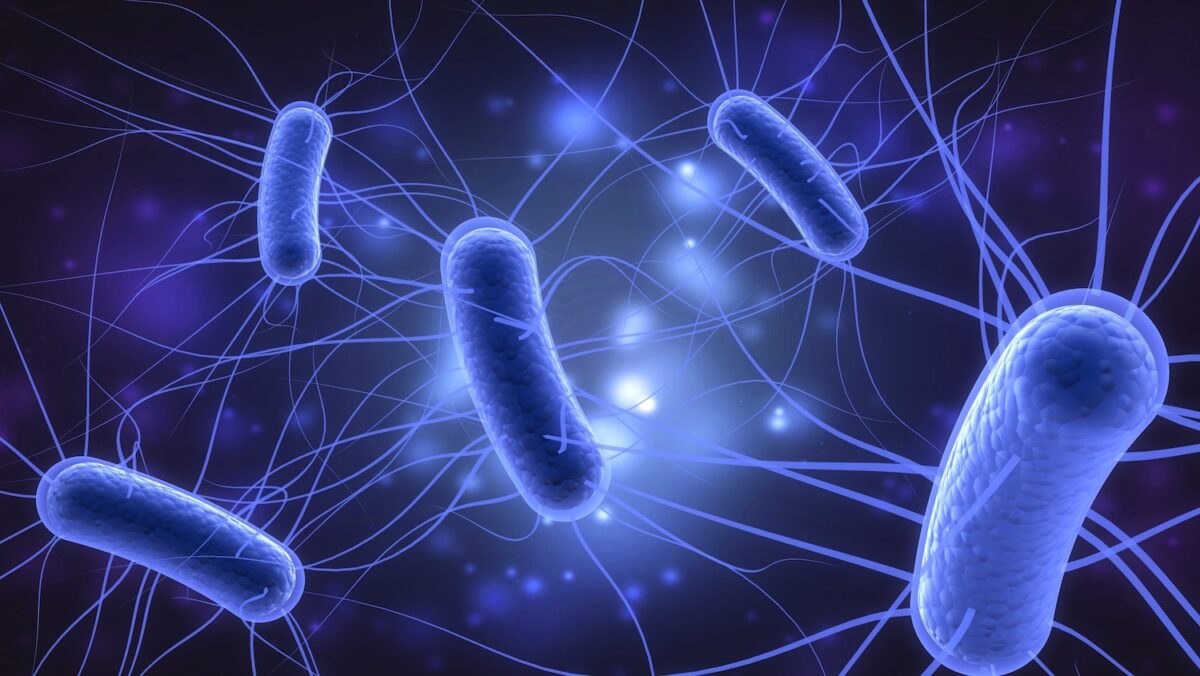By Staff Reporter
The Makana Municipality says its latest water test results show that E.coli has been eliminated from all but one of its testing stations, the Raglan Road Clinic.
The municipality and Rhodes University’s RUBIC Water Testing Laboratory have tested water all over Makhanda for the past month after finding that E.coli was present in the town’s water, often at dangerously high levels, for at least four months this year. This occurred after the municipality failed to use industrial strength chlorine to treat the water supply.
The February results submitted by the municipality revealed that at Joza Clinic there were very high traces of E.coli bacteria, at 199 count per 100ml, while at Nyaluza High School the sample revealed 5 E.coli bacteria count per 100ml, with the Department of Water and Sanitation describing the levels as posing an acute health risk. By May this year, E.coli, which can cause extreme vomiting and diarrhea, was found all across the town at testing sites around Settlers’ Hospital, the Extension Seven Clinic, and the Joza Indoor Sports Centre. The municipality advised residents at that time to “boil all water before drinking or put one teaspoon (5ml) of bleach (eg. JIK) in 25 litres of water and leave to stand for 30 minutes before consumption”.
But by 27 June, the municipality said all of the testing sites except for Raglan Road Clinic were clear of E.coli. The two water treatment plants for the town, Waainek and James Kleynhans Water Treatment Works also showed no presence of E. coli. “It is believed that the current hotspots where E. coli is still present may be associated with contamination from groundwater as the water moves from the reservoirs to the water usage points,” said municipal spokesperson Anele Mjekula.
According to the SANS 241 Drinking Standards of 2015, no level of E.coli is safe. Therefore, even a low level of E.coli infection means that residents must continue boiling water until E.coli is completely eliminated across Makhanda, Mjekula added.


